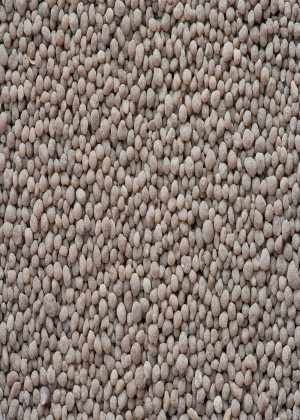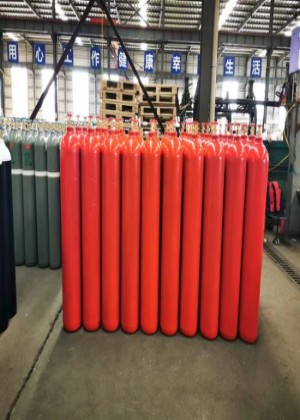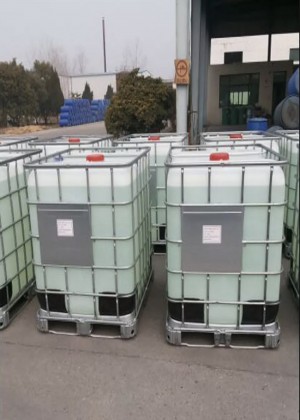
Phosphate Fertilizer
Phosphate Fertilizer Refers To A Type Of Fertilizer That Contains Phosphorus, A Vital Nutrient For Plant Growth. Phosphorus Is An Essential Element Required For Various Biological Processes In Plants, Including Photosynthesis, Energy Transfer, And The Formation Of DNA And RNA.
Phosphate Fertilizers Are Typically Produced From Phosphate Rock, Which Is Mined From Deposits Around The World. The Rock Is Processed To Extract Phosphorus In A Form That Plants Can Readily Absorb, Such As Phosphate Salts. These Fertilizers Are Applied To Soil To Supplement Natural Phosphorus Levels And Enhance Crop Yields.
There Are Different Types Of Phosphate Fertilizers, Including:
-
Diammonium Phosphate (DAP): Contains Both Nitrogen And Phosphorus, Making It A Popular Choice For Many Crops.
-
Monoammonium Phosphate (MAP): Similar To DAP But With A Higher Concentration Of Phosphorus.
-
Triple Superphosphate (TSP): Contains A Higher Percentage Of Phosphorus Compared To DAP And MAP.
Phosphate Fertilizers Are Essential For Agriculture, As Phosphorus Depletion In Soils Can Limit Plant Growth And Crop Productivity. However, Their Use Requires Careful Management To Avoid Environmental Issues Such As Water Pollution From Runoff Containing Excess Phosphorus.
In Recent Years, There Has Been Increasing Emphasis On Sustainable Phosphorus Management, Including Recycling Phosphorus From Organic Waste And Optimizing Fertilizer Application To Minimize Environmental Impact While Ensuring Efficient Crop Production.
A Part Of Ratio, The Other Ratio contact Us to Get It)
| Content Formula | Formula Type | Nitrate Nitrogen Content |
| 51% 17-17-17 | Potassium Sulphate | 7% |
| 40.0% 22-9-9 | Chlorine Group | 10% |
| 45% 15-15-15 | Chlorine Group | 7% |
| 48% 16-16-16 | Chlorine Group | 7% |
| 34% 30-4-0 | Chlorine Group | 13% |
| 26% 26-0-0 | Chlorine Group | 11% |
| 44% 16-5-23 | Chlorine Group | 7% |
| 47% 19-9-19 | Chlorine Group | 8% |
| 48% 16-6-26 | Chlorine Group | 7% |
ChatGPT
Phosphate Fertilizer Refers To Fertilizers Containing Phosphorus In A Form That Plants Can Easily Absorb. Phosphorus Is An Essential Nutrient For Plant Growth, Particularly In Root Development, Flowering, And Fruiting. Phosphate Fertilizers Are Crucial In Agriculture Because Phosphorus Is Often Lacking In Soils, And Its Availability Can Limit Crop Yields.
There Are Different Types Of Phosphate Fertilizers, Including:
-
Rock Phosphate: Mined Phosphate Rock That Is Ground Into A Fine Powder And Used Directly Or Processed Into Other Forms.
-
Superphosphate: Produced By Treating Rock Phosphate With Sulfuric Acid Or Phosphoric Acid To Make It More Soluble And Available To Plants.
-
Triple Superphosphate (TSP): Similar To Superphosphate But With A Higher Concentration Of Phosphorus.
-
Monoammonium Phosphate (MAP) And Diammonium Phosphate (DAP): These Are Water-soluble Phosphorus Fertilizers That Also Provide Nitrogen.
Phosphate Fertilizers Play A Critical Role In Ensuring Adequate Phosphorus Levels For Plant Growth And Are Applied Based On Soil Tests And Crop Requirements. However, Their Use Requires Careful Management To Prevent Environmental Issues Such As Runoff Into Water Bodies, Which Can Lead To Eutrophication And Harm Aquatic Ecosystems.
Balanced Fertilization With All Nutrients:Soil Testing Formula, In Addition To Ammonia,phosphorus And Potassium,at The Same Time Contains A Variety Of Microelements Which Fruits And Vegetables Need,reduce The Yellow leaf,lobular,dehiscent Fruit And Other Physiological Diseases;After application,the Crops Will Grow Healthily, The Roots Are Developed, The Stems Will Be Strong, The Seedlings Are Protected, The Fruits And Melons Will Become More Fragrant, The Vegetables Are Delicious,and The Cold Resistance And Drought Resistance Of The Crops Are Enhanced.




